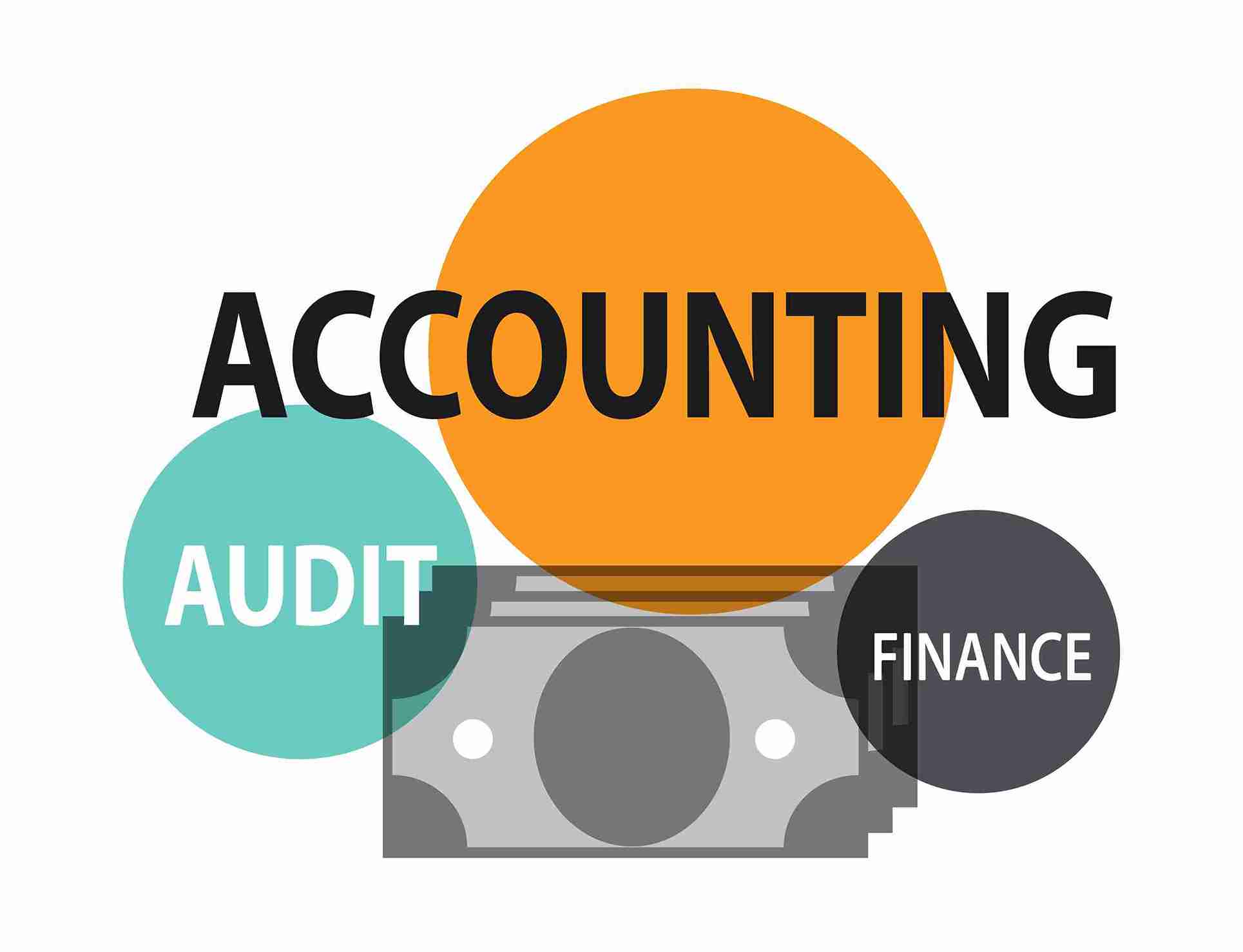Financial accounting plays a vital role in business operations, decision-making and legal compliance. Whether small or a multinational corporation, having a strong understanding of the objectives of accounting helps ensure transparency, trust and strategic planning.
In this blog, we will walk through the 10 main objectives of financial accounting, along with its purpose, uses and relevance in the professional world.
What Is The Main Purpose Of Financial Accounting?
The main purpose of financial accounting is to systematically record financial transactions of a business to provide accurate and timely financial statements. These reports help owners, investors and stakeholders assess the company’s financial health and make informed decisions. However, not every detail deserves the spotlight in a financial report and that’s where the materiality concept of accounting comes in. It ensures that only the information that truly matters makes it to the final reports and no one is overwhelmed by the tiny, irrelevant details.
10 Objectives Of Financial Accounting
1. To Maintain Systematic Records
The first and foremost purpose of financial accounting is to maintain accurate and organized records of all business transactions. These records include cash flow, income, expenses and assets. Organized books reduce errors, prevent fraud and serve as legal evidence during audits.
2. To Ascertain Financial Results
Another key objective is to determine the profit or loss of the business over a given period. By preparing the Profit and Loss Account, financial accounting helps in identifying whether the business operations were profitable or not.
3. To Assess Financial Position
The Balance Sheet is prepared to understand the financial status of a business at the end of an accounting period. This includes information on assets, liabilities and equity, helping stakeholders assess the company’s financial health.
4. To Communicate Financial Information
Financial accounting ensures clear and standard reporting of financial information to both internal and external users such as management, shareholders, creditors, banks and regulatory authorities. It promotes accountability and trust in the organization.
5. To Help In Decision Making
One of the vital objectives of accounting is to provide relevant financial data that helps in strategic decision-making. Accurate reports guide decisions related to investments, budgeting, pricing, cost control and expansion.
6. To Comply With Legal Requirements
Businesses are required to follow accounting standards and tax regulations. Financial accounting ensures compliance with legal and statutory requirements, such as income tax laws, GST filing and company law obligations.
7. To Provide Data For Planning & Forecasting
Accounting data helps businesses plan budgets and forecast future performance. Financial reports provide a basis to evaluate past trends, set future goals and allocate resources accordingly.
8. To Safeguard Business Assets
Through systematic accounting and regular reporting, organizations can track and safeguard their assets, which includes cash, inventory, equipment and real estate. This objective ensures that assets are utilized and losses are minimized.
9. To Enable Audit And Verification
Financial accounting enables smooth auditing and verification of “books of accounts”. Regular audits help verify the correctness of records and build confidence among stakeholders, and hence is an important tool for financial transparency and control.
10. To Follow The Golden Rule Of Accounting
The golden rule of accounting forms the base of accurate entries in financial accounting. Applying these rules ensures the correct classification of accounts and avoids errors in debits and credits.
Jobs On Job Hai Platform
| Accountant Jobs | Back Office Jobs |
| Cashier Jobs | Telemarketing Jobs |
| Business Development Jobs | HR Admin Jobs |
Why Are These Objectives Important?
The purpose of financial accounting goes beyond bookkeeping. It supports long-term business growth, ensures legal compliance, improves investor’s confidence and provides an insight for day-to-day and strategic decisions. Besides this, it also serves as the foundation for advanced financial practices such as auditing, cost accounting and financial planning.
Related blog to read: What Is Accounting Convention? Features And Types
Conclusion
Understanding the 10 objectives of financial accounting is essential for anyone involved in business, finance or entrepreneurship. These objectives serve as the backbone of financial planning, compliance and strategy. Whether you’re a student, a professional or a business owner, learning about the purpose of financial accounting can help you build a strong financial foundation.
FAQs
Q1: What is financial accounting in simple words?
A- Financial accounting is the process of recording, summarizing and reporting the financial transactions of a business.
Q2: What is the main objective of financial accounting?
A- The main objective is to determine profit or loss and to assess the financial position of a business through organized financial statements.
Q3: Is financial accounting useful for small businesses?
A- Yes, it helps small businesses manage finances, file taxes and make informed decisions.
Q4: What are the legal benefits of financial accounting?
A- It ensures compliance with tax laws, reduces penalties and provides legal proof in audits.
Q5: What are the 3 basic financial statements prepared in accounting?
A- The three statements are the Profit & Loss Account, Balance Sheet and Cash Flow Statement.






 Facebook
Facebook Instagram
Instagram Twitter
Twitter